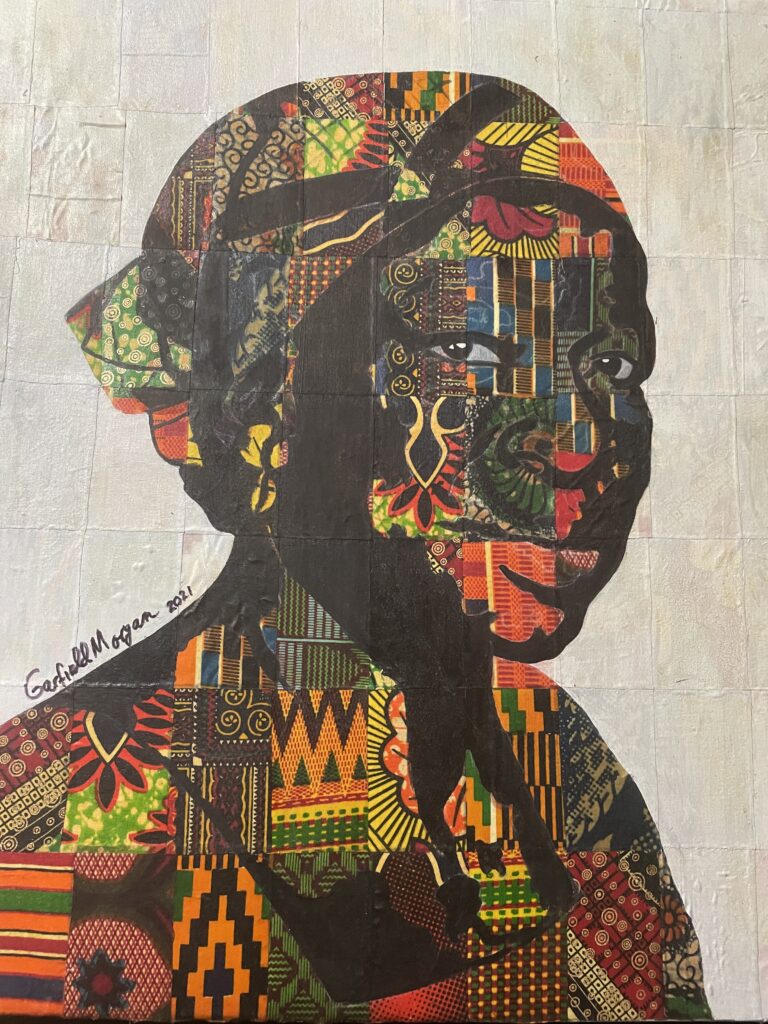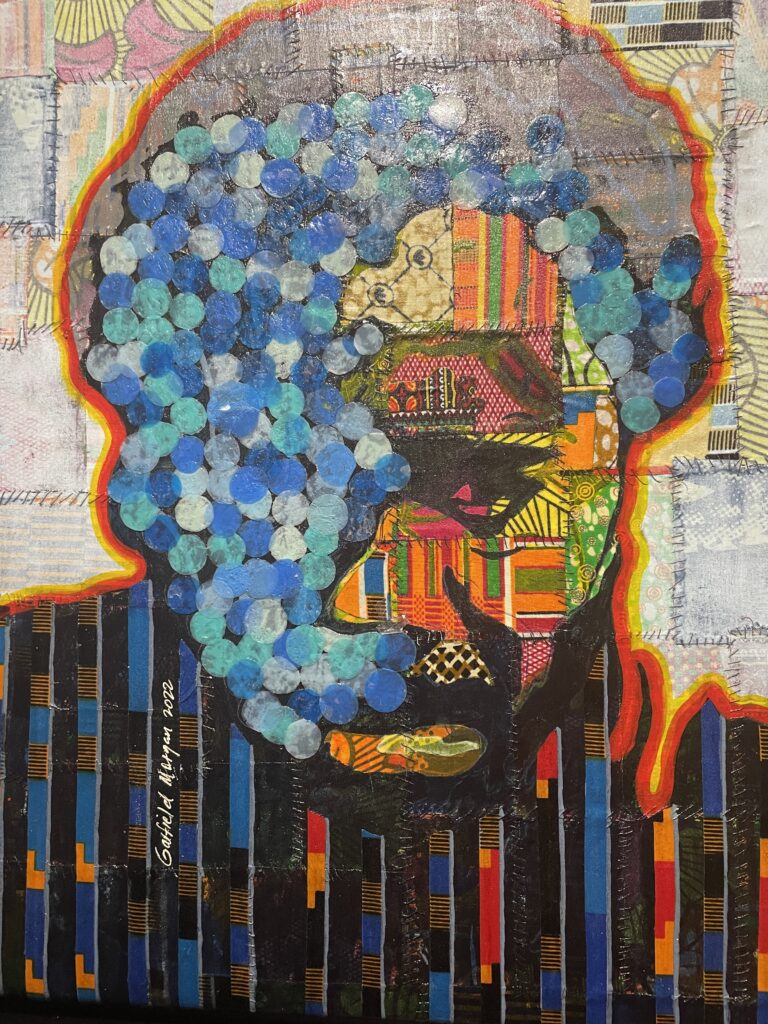The massacre of civilians in Burkina Faso

Background of this violence
Since 2015, Burkina Faso, a country that was renowned for peace, security and safety in West Africa has turned into a country where hundreds of civilians and military personnel are regularly and cruelly murdered by armed groups that are referred to as HANI (Armed Unidentified Men). Since the beginning of these attacks, many people have tried to detect the nerve of the tragedy that has become the daily lot of the Burkinabè population. Some reasons that have been mentioned are the following. Former president, Blaise Compaoré, is behind the attacks. When he was forced out of power in late 2014, he, allegedly, said that Burkina Faso would never be peaceful. This statement makes sense to many analysts because Compaoré and some of his close allies were the mediators in the subregion. France relied on them for negotiating the release of kidnapped journalists and others by Jihadist groups. That might have created some familiarity and a relationship between Blaise and the Jihadists. Rumour has it that several Jihadists had been granted residence in Burkina Faso, with the complicity of France, an agreement that the current president, Roch Marc Kaboré, did not accept, and that might have incurred the anger of those armed groups. All these factors have contributed to Burkina Faso being designated as a no-go area for tourists.
Bloody carnage of early June
Sadly enough, the attack that took place in the night of 4 to 5 June at Solhan, a locality in the north east of the country, with a population of approximately 4,000, resulted in the killing of 160 people, seven of whom were children. The assailants targeted the Volunteers for the Defense of the Country (called VDP). Properties were destroyed, the market of the town was set ablaze as well as several houses and motorbikes. This is the most brutal clash that the country has experienced since 2015 and, for the first time, political authorities have used the word ‘terrorist’. The Burkinabè have been counting their dead, and one is even tempted to say that they are tired of counting the dead. As a retaliation against this carnage, the Burkinabè army started some operations in the north and the Sahel area on 5 May 2021, but the attacks have persisted, and keep getting more and more frightening, gory, and claiming more lives. President Kaboré said that the attack was carried out by JNIM, an armed branch of Al-Qaïda.
An incompetent army and inefficient decisions
There is no doubt that, currently, the Burkinabè Army is the opposite of what it was between 1983 and 2014. When Sankara was in power, the army was a force that was a model for many. Well- seasoned men and women (mostly men for some time) who had trained in countries like Cuba, Bulgaria, the Soviet Union and in South America, etc. made up the army. That force was also involved in development projects like the construction of schools, roads, large scale farming and even music. Sankara had put in place an army that was at the service of the people instead of an army that was simply draining the coffers of the country. High ranking officials were forced to retire, and the military academy of cadets was closed; their facilities were turned into regular classrooms so that literacy could increase. The downfall of that competent army started when Compaoré assassinated Sankara in 1987 and quickly created an “army within an army”. He created an elite troop that was in charge of his own security, the presidential guard. Those soldiers were given their own barracks. They received better pay than the other soldiers who were left to degenerate over the years, to such an extent that they became demoralized. To crown it all, Compaoré executed skilled army officers under the pretense that they were plotting to overthrow him. A real purge occurred in the army.
He left the scene and so did his “army”
When Compaoré was forced out of power in 2014, his successors dismantled his presidential guard, took away their special weapons and transferred them to various barracks across the country. There is, therefore, no preferential treatment in today’s army in Burkina. The morale of the troops is low because of the divide and rule policy that previously existed. Another reason that explains the incapacity of the army in this context is the corruption that reigns. Many top army officers prefer going on peace keeping missions that fetch them much money and military training is poor. As a result, the Jihadists face no serious opposition when they strike. Civilians and security personnel are massacred, and many Burkinabè are calling for the resignation of the president, the prime minister and the minister for defence. Let us wait and see, while we wish the Burkinabè peaceful and tranquil days.
Moussa Traoré is a senior lecturer at the Department of English of the University of Cape Coast, Ghana.





